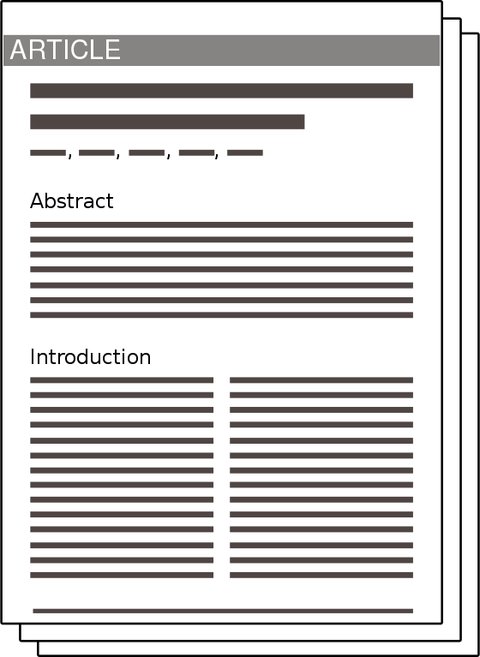This study investigates the readiness of consumers in a Western society,
where traditional meat consumption prevails, to adopt insects as a
substitute for meat. Using cross-sectional data (n = 368) and binary
logistic regression modeling, the study identifies gender, age,
familiarity, food neophobia, convenience and environmental food choice
motives, as well as meat-related attitudes and future meat consumption
intentions as significant predictors. The predicted likelihood of
adopting insects as …

